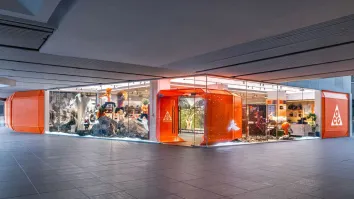
Australia retail industry urges government support in federal budget
Retailers prioritise increased support for small and medium businesses.
Retail leaders in Australia are urging the federal government to support the sector in the upcoming budget, highlighting the need for resilience amidst ongoing challenges.
In a joint pre-budget submission, the Australian Retailers Association (ARA) and National Retail Association (NRA) stressed the importance of the $430b retail industry, which employs 1.4 million Australians.
“With retail contributing almost one fifth of Australia’s Gross Domestic Product, it’s clear we can’t have an economic recovery without a retail recovery,” said ARA Chief Industry Affairs Officer Fleur Brown.
Brown further emphasised that the past few years have been immensely challenging for the retail sector, with disruptions from the pandemic, rising costs, and an intensifying crime wave.
The ARA and NRA's priorities focus on three key pillars, namely Embrace a Growth Mindset, Grow the Retail Workforce, and Collaborate on Community Outcomes. Amongst the recommendations are streamlining regulations, providing financial support for small businesses, addressing retail crime, and improving workforce participation.
NRA Interim CEO Lindsay Carroll emphasised the budget’s importance, saying it is a chance for the government to support retailers, particularly small businesses, after record lows in consumer spending and high operating costs.
“This will be the government’s final budget before the federal election, and we hope retailers receive a leg up after withstanding record lows in consumer spending and sky-high operating costs,” she said.
Key recommendations include reducing regulations, expanding the 25% small business tax rate to businesses earning up to $250 million annually, making the Instant Asset Write-Off tax incentive permanent, and supporting small businesses in closing the digital divide.
On workforce issues, the ARA and NRA advocate for better education, flexible training programs, and incentives for qualifications. They also called for addressing barriers for underrepresented groups and creating pathways for people such as aged pensioners, refugees, and those with disabilities.
In terms of community outcomes, they urge investment in crime prevention technology, stronger supply chains, and healthier food labeling standards. They also recommended developing a national energy policy and supporting freight decarbonization.

















 Advertise
Advertise






